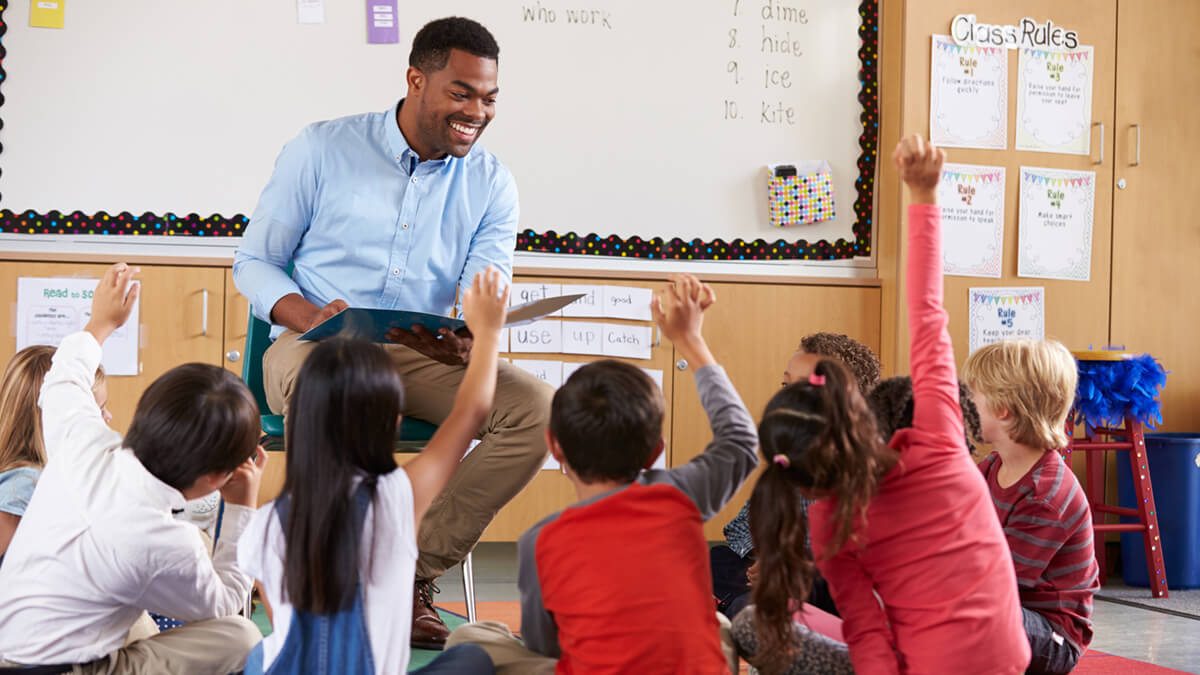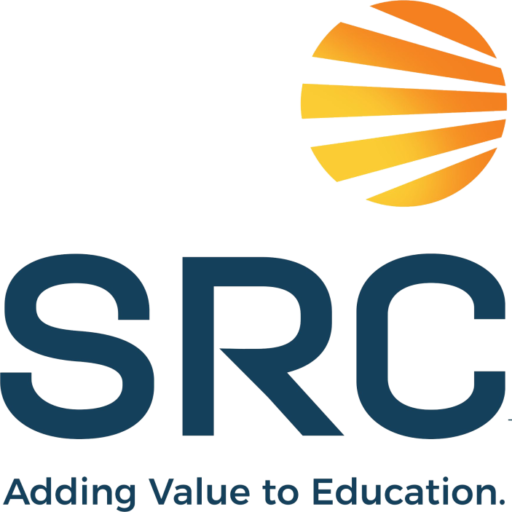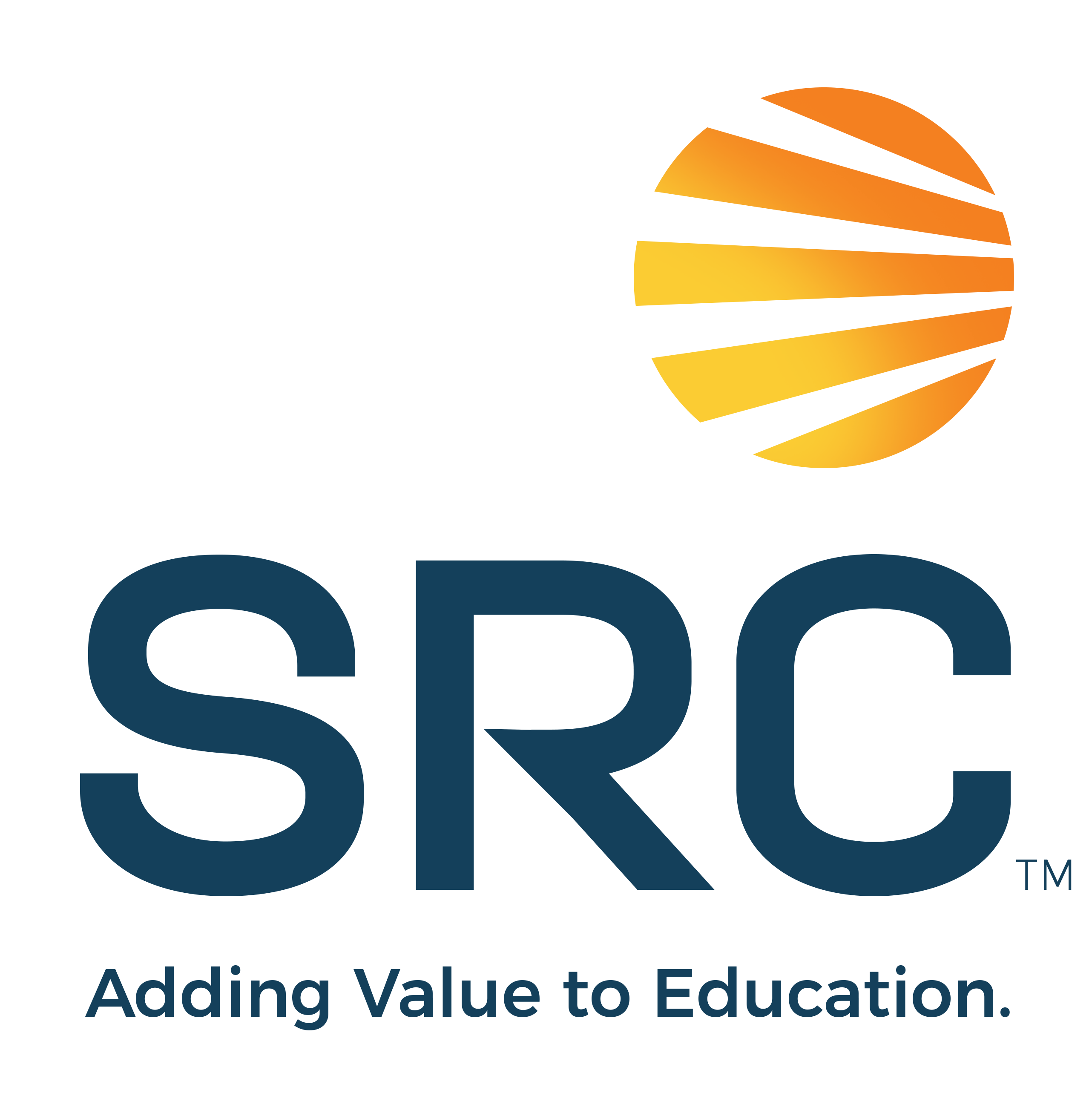
LIFELONG LEARNING FOR EDUCATORS: EMPOWERING GROWTH AND INSPIRING EXCELLENCE
Education is a dynamic field that requires a commitment to continuous growth and learning. As an educator, your role extends beyond imparting knowledge to students. Embracing lifelong learning empowers you to adapt to the ever-evolving educational landscape, stay abreast of emerging trends, and inspire excellence in your teaching practice. Today, we will explore the significance of lifelong learning for educators and provide insights into how it can enhance your professional development.
- Embracing Change and Innovation: Lifelong learning allows educators to embrace change and innovation in their practice. The educational landscape is constantly evolving, with new teaching methodologies, technologies, and research emerging. By engaging in ongoing learning, such as attending conferences, workshops, or professional development courses, you can stay ahead of the curve and continually incorporate new ideas and strategies into your teaching. This adaptability fosters creativity, student engagement, and ultimately, educational excellence.
- Expanding Pedagogical Repertoire: Lifelong learning expands your pedagogical repertoire, enabling you to employ a diverse range of teaching strategies and approaches. By exploring new methodologies, you can discover innovative ways to engage students, cater to diverse learning styles, and promote critical thinking and problem-solving. Embracing lifelong learning allows you to refine and enhance your teaching practices, resulting in more effective and impactful instruction.
- Cultivating a Growth Mindset: Lifelong learning nurtures a growth mindset among educators. By continuing to acquire new knowledge and skills, you model for your students the importance of persisting, overcoming challenges, and seeking opportunities for growth. When you demonstrate a willingness to learn and adapt, you inspire your students to do the same, promoting a culture of continuous improvement and self-belief.
- Fostering Collaboration and Professional Networks: Lifelong learning creates opportunities for collaboration and networking with fellow educators. Engaging in professional development activities allows you to connect with like-minded individuals, exchange ideas, and learn from the experiences of others. Collaborating with colleagues promotes a sense of community and facilitates the sharing of best practices, which in turn enriches the teaching and learning experience. By building professional networks, you can tap into a wealth of knowledge and support throughout your career.
- Engaging in Reflective Practice: Lifelong learning encourages educators to engage in reflective practice, critically analyzing their teaching methods and outcomes. By reflecting on your teaching practices, you can identify areas for improvement and implement changes to enhance student learning. Regular self-reflection allows you to continuously grow as an educator and make informed decisions that positively impact your students’ educational journeys.
- Nurturing Personal Fulfillment: Lifelong learning in education extends beyond professional development; it also encompasses personal fulfillment. When you engage in ongoing learning, you satisfy your innate curiosity, deepen your understanding of your subject matter, and find inspiration in discovering new ideas and perspectives. Lifelong learning allows you to pursue your passions, expand your horizons, and experience personal growth, which in turn revitalizes your enthusiasm for teaching.
Lifelong learning is a fundamental component of being an exceptional educator. By embracing continuous growth and development, you can adapt to the ever-changing educational landscape, enhance your teaching practice, and inspire excellence in your students. Lifelong learning allows you to remain current, engage in reflective practice, collaborate with fellow educators, and cultivate a growth mindset. Embrace the journey of lifelong learning, and empower yourself to make a lasting impact on the lives of your students while finding personal fulfillment in your role as an educator

